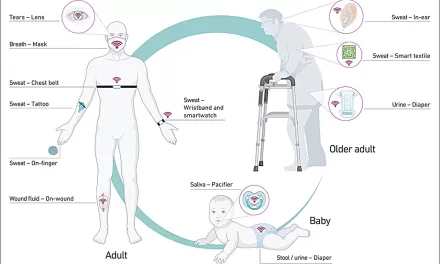Stockholm, Sweden — A new study suggests that beta-blockers, widely prescribed to heart attack patients, may offer little benefit for those without heart failure and could even lead to increased depression risk. The research, led by a team at Uppsala University, raises questions about the necessity of this standard treatment for specific groups of heart patients.
Beta-blockers work by blocking adrenaline’s effects on the heart, reducing blood pressure and heart strain. Traditionally, they have been a staple in post-heart attack care, prescribed to patients regardless of whether their hearts have impaired pumping function. However, the study, published in the European Heart Journal, suggests the drug may not be necessary—and could even be harmful—for patients whose heart function remains normal after an attack.
“We found that beta blockers led to slightly higher levels of depression symptoms in patients who had had a heart attack but were not suffering from heart failure,” said Philip Leissner, a doctoral student specializing in cardiac psychology at Uppsala University. Leissner noted that the medication does not serve a life-sustaining purpose in these patients, calling it “unnecessary” for this group.
The Uppsala study followed 806 post-heart attack patients between 2018 and 2023, all of whom had normal heart function. Roughly 100 patients in this group had been on beta-blockers before the study, and these individuals exhibited more severe symptoms of depression. Researchers did not observe other psychological effects, such as increased anxiety, but concluded that the correlation between beta-blockers and depression symptoms warranted a reevaluation of their use.
The link between beta-blockers and side effects like depression, nightmares, and sleep disturbances has been suggested in earlier research. This new study adds evidence to the notion that, for some patients, the potential side effects may outweigh the benefits.
Earlier this year, another study published in the New England Journal of Medicine found that beta-blockers did not reduce the risk of a second heart attack or death, further challenging the traditional view of these drugs as essential for all heart attack survivors.
Leissner and his team urge healthcare providers to reconsider prescribing beta-blockers for patients without heart failure. “The evidence supporting beta-blockers for these patients is no longer as strong,” Leissner advised, suggesting that doctors could explore alternative treatments or, in some cases, omit the medication entirely for certain groups.
This study may lead to changes in guidelines for treating heart attack patients, offering a more tailored approach that considers both the heart health and mental well-being of patients.











